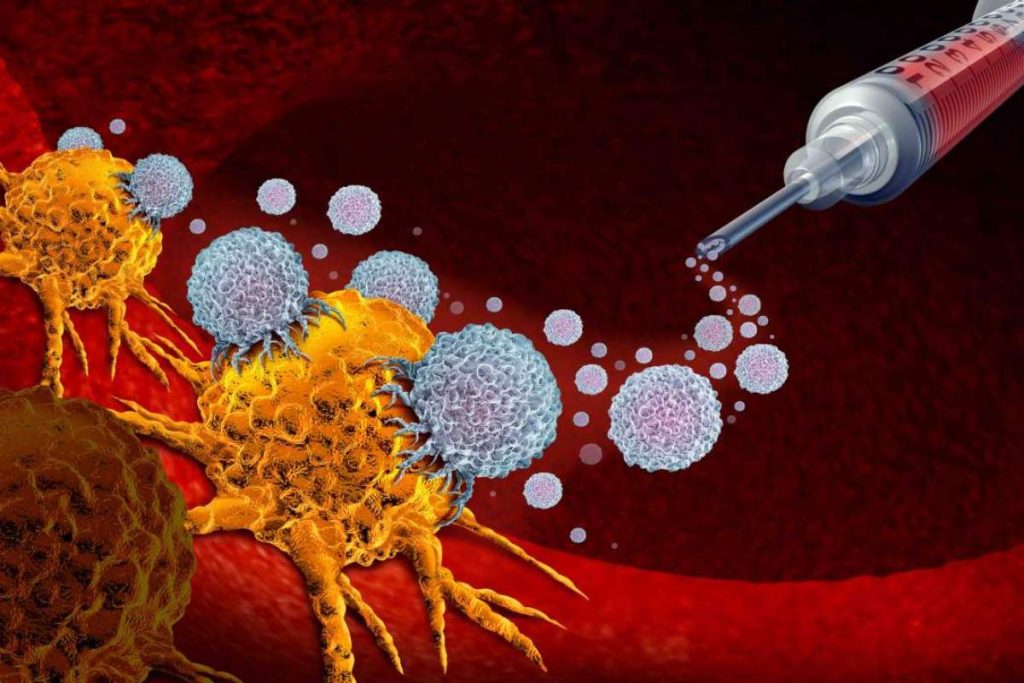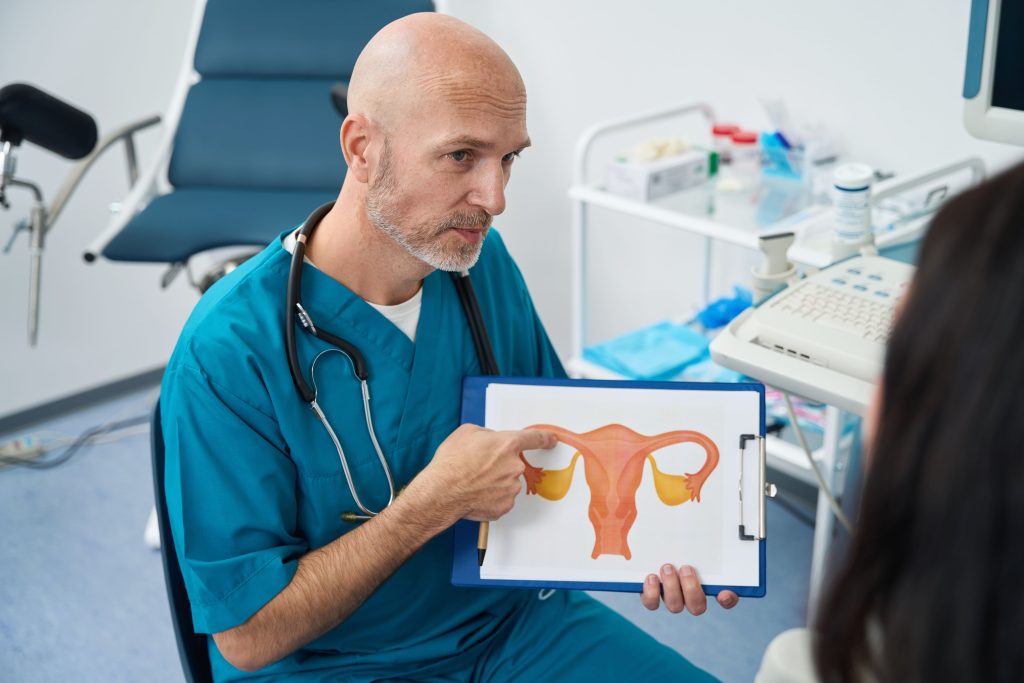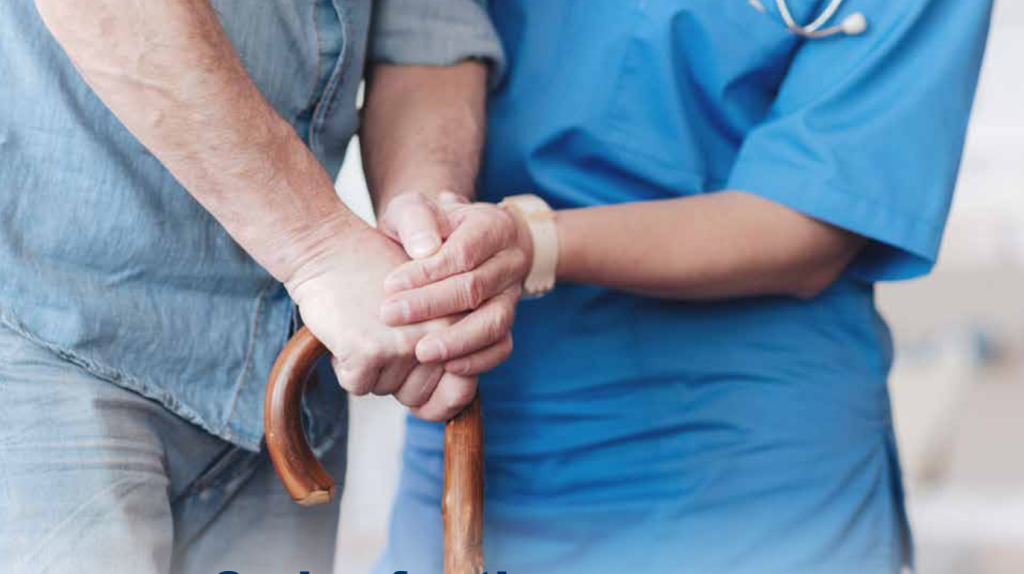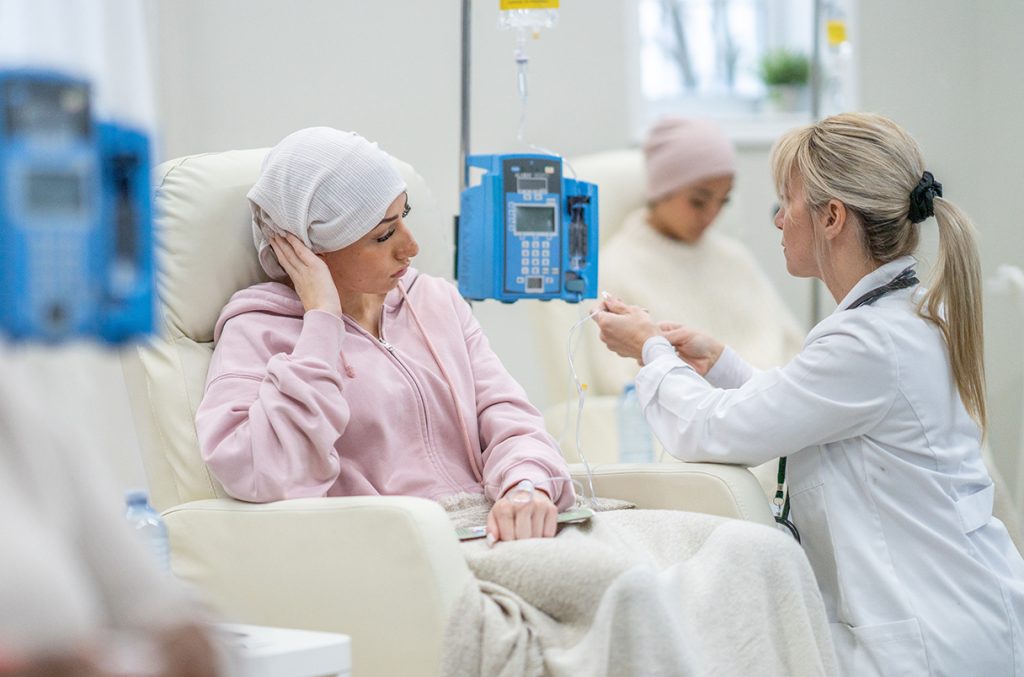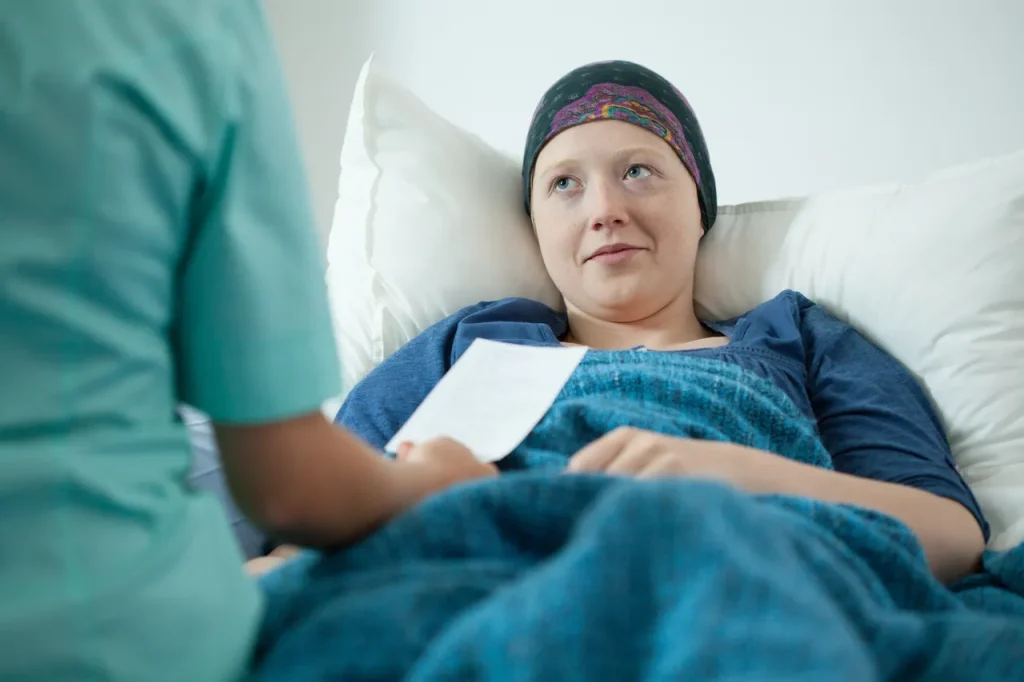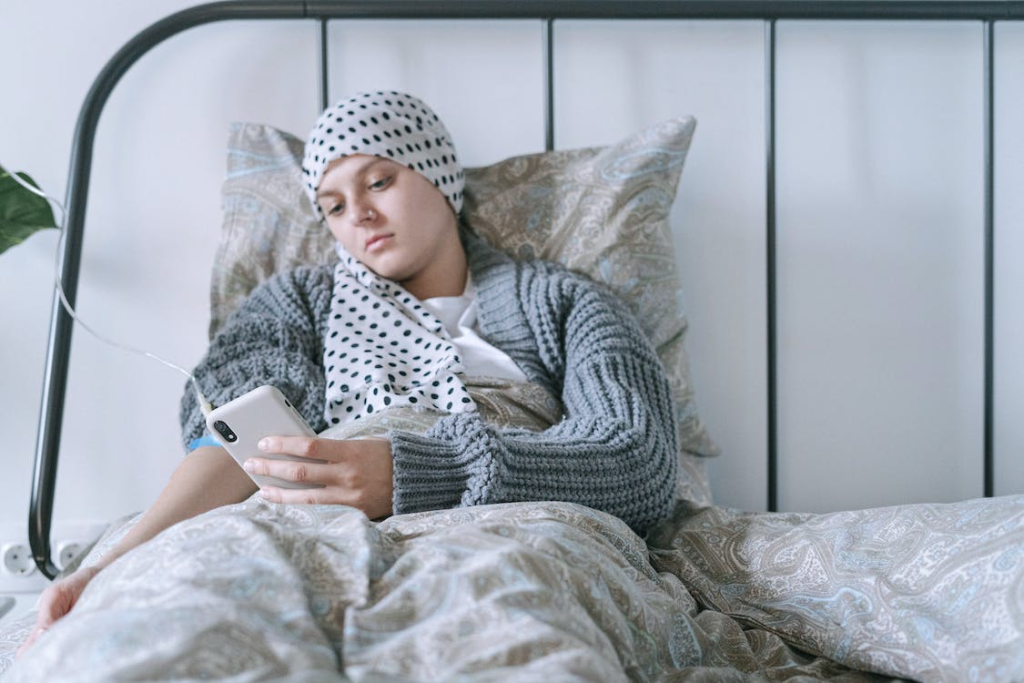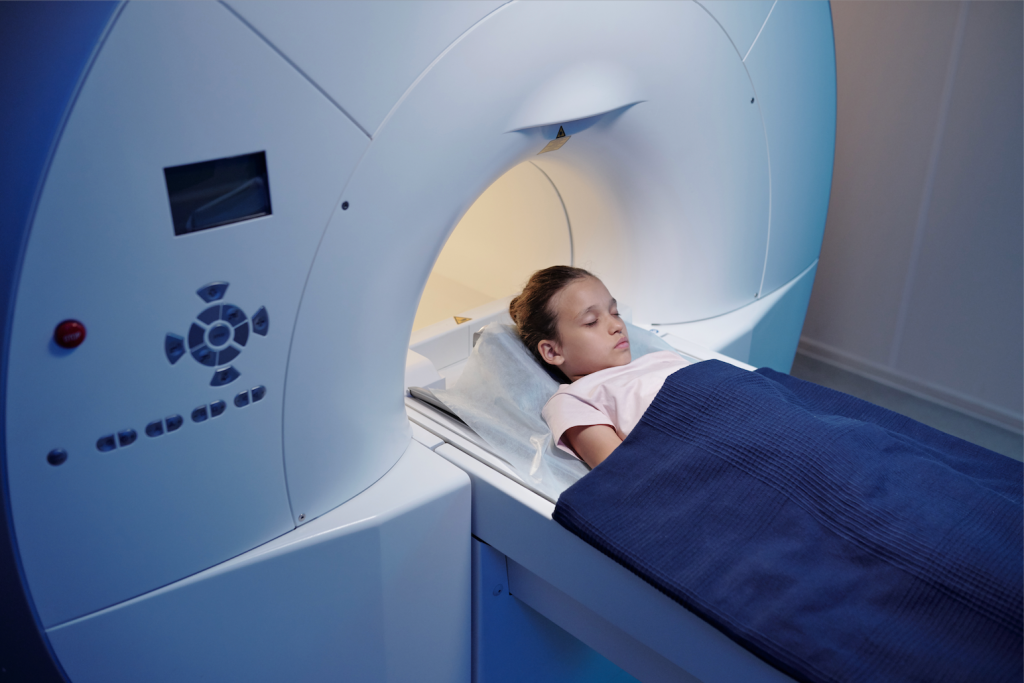Dealing With Recurrence: Mental and Medical Support
Hearing that a condition has returned can feel like a sudden pause in daily life, and many people describe the moment as a mix of shock, frustration and quiet fear that makes even simple thoughts feel heavier than before. This emotional weight often leads to questions about next steps, and understanding how mental and medical…
Read more


